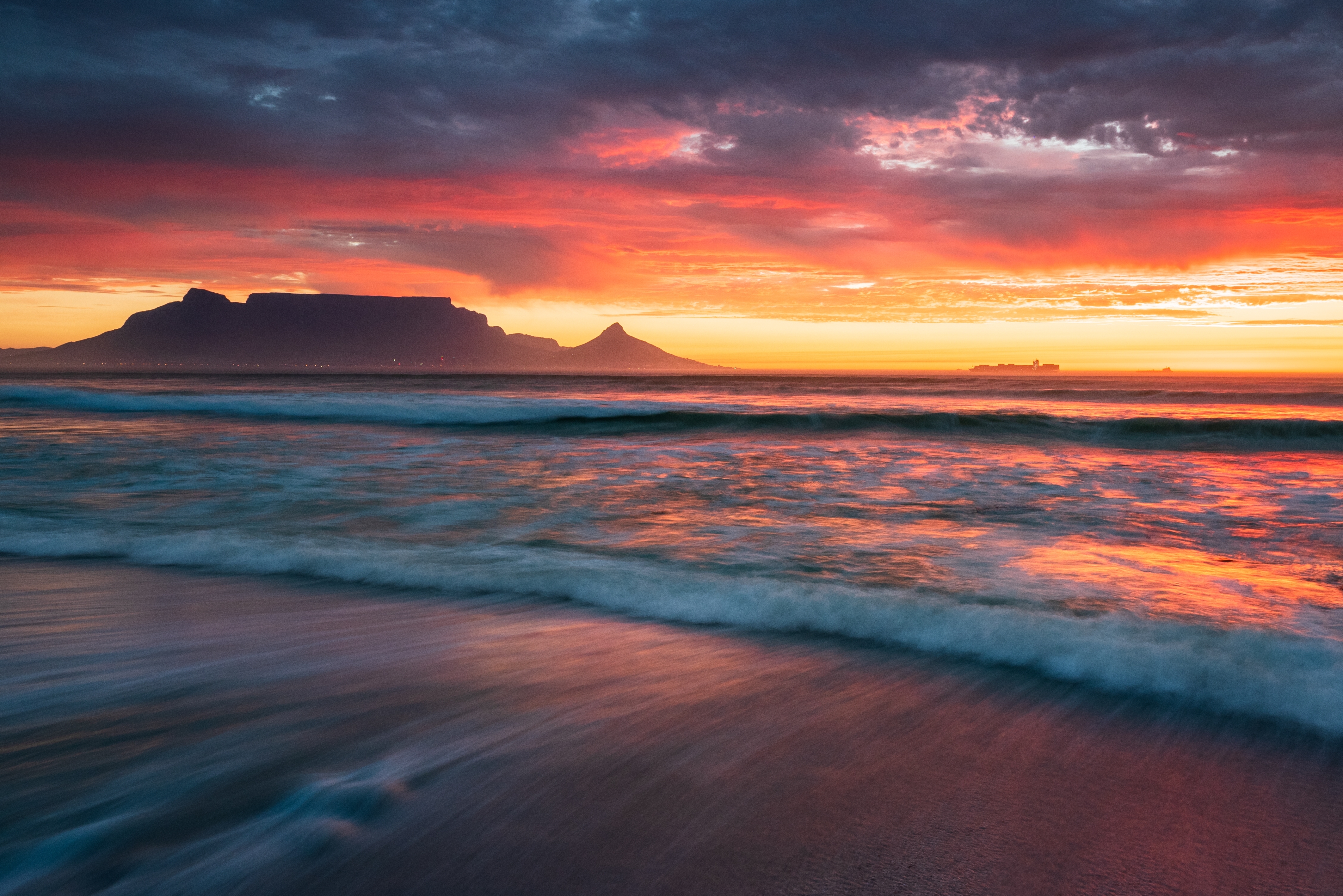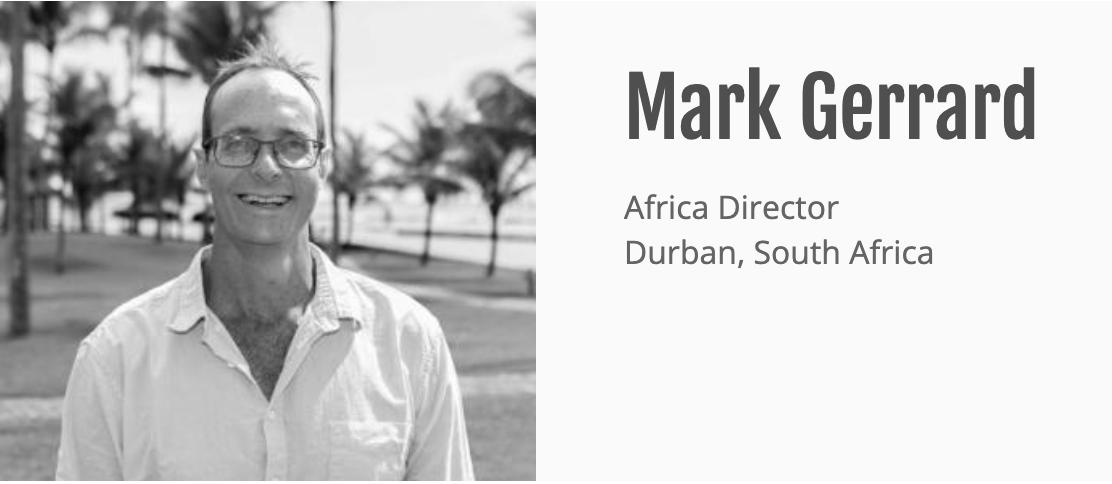Gaining Momentum: South Africa Signs the High Seas Treaty for Ocean Protection
Just one day after World Oceans Day, South Africa took a significant step toward global ocean stewardship when South Africa’s Minister of the Department of Forestry, Fisheries and the Environment (DFFE), Dr Dion George, signed the High Seas Treaty on behalf of South Africa during the United Nations Oceans Conference in Nice, France. This landmark agreement, formally known as the Biodiversity Beyond National Jurisdiction (BBNJ) Treaty, aims to protect marine biodiversity in areas beyond national borders—vast ocean regions that make up nearly two-thirds of the world’s seas. The high seas are the ocean areas that lie outside any country’s jurisdiction. They contain vital marine ecosystems that are often overexploited because they fall outside the jurisdiction of any single nation and are considered common property, leading to fragmented governance and unchecked exploitation, threatening the ecosystems and services they provide. The High Seas Treaty, or BBNJ agreement, is therefore crucial, as it is an international and legally binding framework to specifically protect high seas biodiversity, addressing many of the governance gaps that have plagued the ocean.
South Africa’s decision to join the growing coalition of nations backing this treaty sends a strong signal: that protecting the ocean commons is not only an environmental imperative, but also a vital part of securing the continent’s food systems, climate resilience, and long-term wellbeing.
For coastal countries on the African continent, the effective management of these High Seas adjacent to their own national waters is especially important as they rely so heavily on the ecosystem services provided. This can be in the form of food through fisheries, but is also important for food security beyond fish. The ocean's health influences climate patterns, directly impacting rainfall, temperature, and extreme weather events like droughts and floods (1). These factors greatly affect agricultural productivity, a cornerstone of food security for the entire African continent, including landlocked nations. The next step for South Africa is to have the agreement ratified in Parliament, contributing its commitment as one of the 60 countries required to make the agreement binding.

CSF is a member of the High Seas Alliance, a partnership group of 50+ organisations from around the globe that are committed to working with States and others towards the adoption, ratification and implementation of the High Seas Treaty). We are working in partnership with the Alliance to build the case for protection and effective management and governance of the High Seas. There is a critical connection between the ocean and human wellbeing, with linkages being both direct and indirect, positive and negative, and existing at multiple scales (2). By building knowledge on the economic linkages provided to countries, as well as human-wellbeing globally, we can make more informed decisions around ocean governance and explore mechanisms to manage open-access resources, such as Common Asset Trusts, options crucial to addressing this at scale.
South Africa’s signing of the High Seas Treaty marks a hopeful and necessary step toward more equitable and sustainable ocean governance. It signals not only a national commitment to protecting marine biodiversity beyond borders, but also a recognition of the ocean’s fundamental role in climate stability, food security, and human wellbeing across Africa and the globe. As we move toward ratification and implementation, it is critical that governments, civil society, and research institutions work together to ensure that this landmark agreement delivers on its promise. With the right tools, such as economic analysis, legal innovation, and inclusive cooperation, we can transform the high seas from a space of exploitation to one of stewardship, safeguarding the Blue Commons for generations to come.

___
(1) https://www.ifaw.org/international/journal/why-african-countries-should-ratify-high-seas-treaty#:~:text=The%20High%20Seas%20Treaty%20will,on%20biodiversity%20and%20the%20ecosystem
(2) Hernández-Blanco, M., Costanza, R., Agardy, T., Farley, J., Fulton, E., Kubiszewski, I., Rasheed, R. (2024). Common Asset Trusts for blue commons stewardship. Marine Policy 159, 105957. https://doi.org/10.1016/j.marpol.2023.105957
Photo: Orca off the coast of San Juan, Marcello Hernández-Blanco
- Log in to post comments
